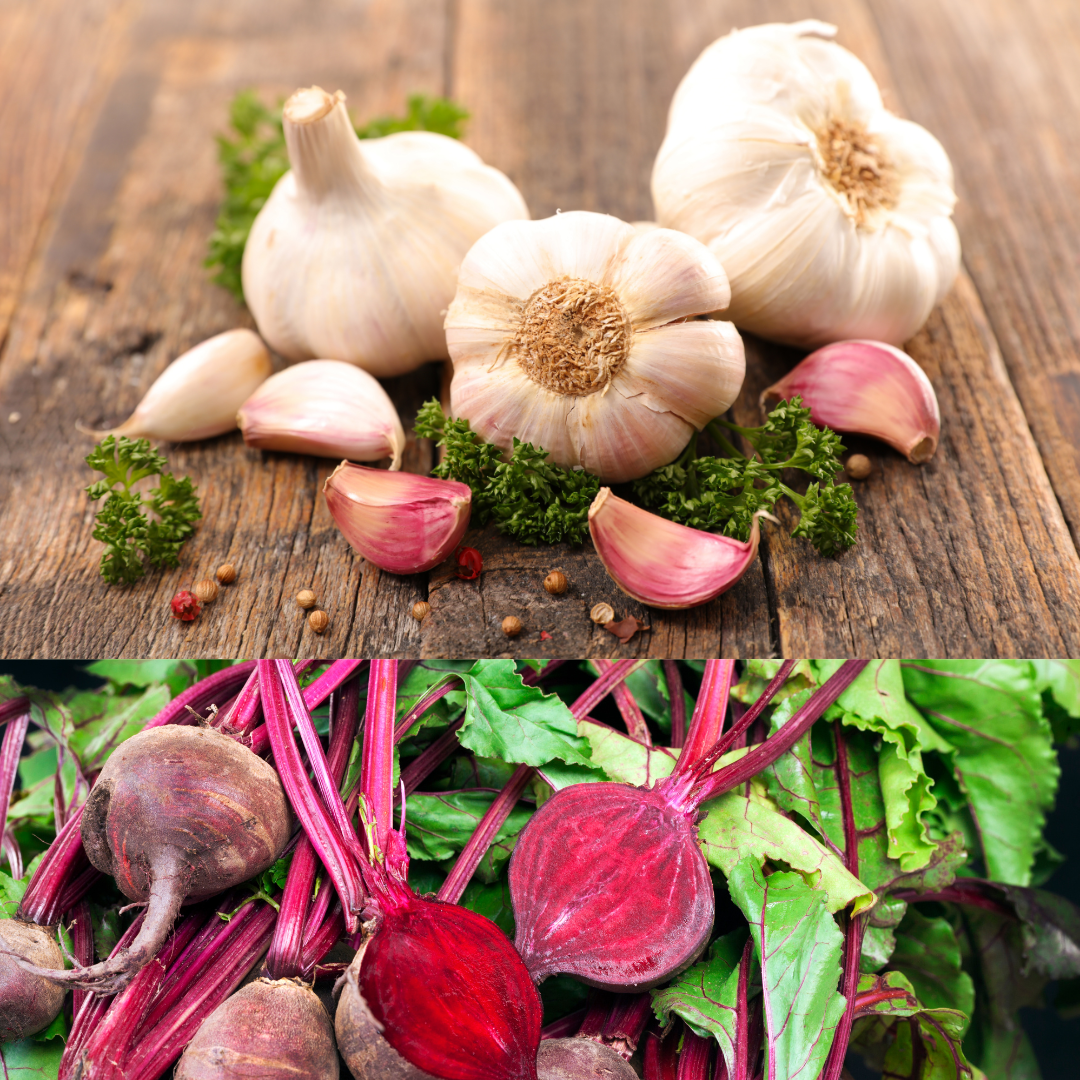Why You Need to Lower Blood Pressure Naturally
High blood pressure, or hypertension, is a silent threat that often goes unnoticed until serious health complications arise, such as heart disease, stroke, or kidney problems. While medications can effectively control blood pressure, they sometimes come with side effects that many prefer to avoid. This is why natural methods using specific foods to lower blood pressure are gaining popularity—they offer a safe, holistic approach to managing your health. By adopting simple dietary changes, you can help reduce your blood pressure, improve cardiovascular health, and boost overall well-being without relying solely on pharmaceuticals.
Understanding Natural Remedies through Food
Foods rich in certain nutrients such as potassium, magnesium, calcium, and antioxidants play a vital role in regulating blood pressure. Incorporating these into your diet can enhance vasodilation—the process where blood vessels relax and widen—thereby lowering the pressure inside your arteries. Furthermore, many natural foods help reduce inflammation and improve endothelial function (lining of the blood vessels), which are both key factors in maintaining healthy blood pressure. This remedy focuses on incorporating these blood pressure-friendly foods into your daily routine in a balanced, flavorful way.
Core Benefits of Natural Food-Based Remedies
Besides lowering blood pressure, natural dietary changes offer a range of health benefits. They improve heart health by reducing cholesterol levels and oxidative stress, support better kidney function by balancing electrolytes, and promote weight management due to their low-caloric, nutrient-dense profile. Additionally, eating a variety of these foods can enhance energy levels and improve mental clarity. Unlike medications, natural food remedies nourish your body holistically, strengthening multiple systems simultaneously, which allows for long-term sustainable health improvements.
Ingredients and Their Blood Pressure Benefits
| Ingredient | Key Nutrients | Blood Pressure Benefits |
|---|---|---|
| Leafy Greens (Spinach, Kale) | Potassium, Magnesium, Nitrates | Promote vasodilation and lower vascular resistance |
| Berries (Blueberries, Strawberries) | Antioxidants (Flavonoids) | Reduce oxidative stress and inflammation |
| Beets | Nitrates, Folate | Improve blood flow and lower systolic pressure |
| Garlic | Allicin | Promotes blood vessel relaxation and reduces arterial stiffness |
| Oats | Soluble Fiber | Lowers cholesterol and supports heart health |
| Bananas | Potassium | Balances sodium levels and reduces blood pressure |
How to Use This Remedy: Step-by-Step Instructions
- Start your day with a heart-healthy breakfast: Prepare a bowl of oats topped with fresh berries and sliced banana for a fiber- and antioxidant-rich meal.
- Include leafy greens in your lunch or dinner: Add fresh spinach or kale to salads, smoothies, or lightly steamed as a side dish to provide essential minerals.
- Add beets into your diet: Consume roasted beetroot or fresh beet juice to leverage their vasodilating effects. Aim for 1/2 cup per serving.
- Incorporate garlic daily: Use raw or cooked garlic in your recipes—about 1-2 cloves per day enhances blood vessel function.
- Snack smartly: Choose natural, potassium-rich fruits like bananas or a handful of nuts instead of processed snacks that can elevate blood pressure.
- Stay consistent and balanced: Make these foods a regular part of your diet combined with other healthy lifestyle habits such as reduced salt intake, regular exercise, and stress management.
Remember
While using natural foods to lower blood pressure is beneficial, it is important to monitor your condition regularly with your healthcare provider. Some individuals, especially those on medication or with specialized health conditions, can experience interactions or adverse effects when increasing certain foods or nutrients. For example, excessive potassium intake can be harmful to those with kidney issues. Always consult your doctor before making major dietary changes or if you experience symptoms like dizziness, fainting, or chest pain. Natural remedies complement but do not replace medical treatment, and professional guidance ensures your safety and optimal health outcomes.
